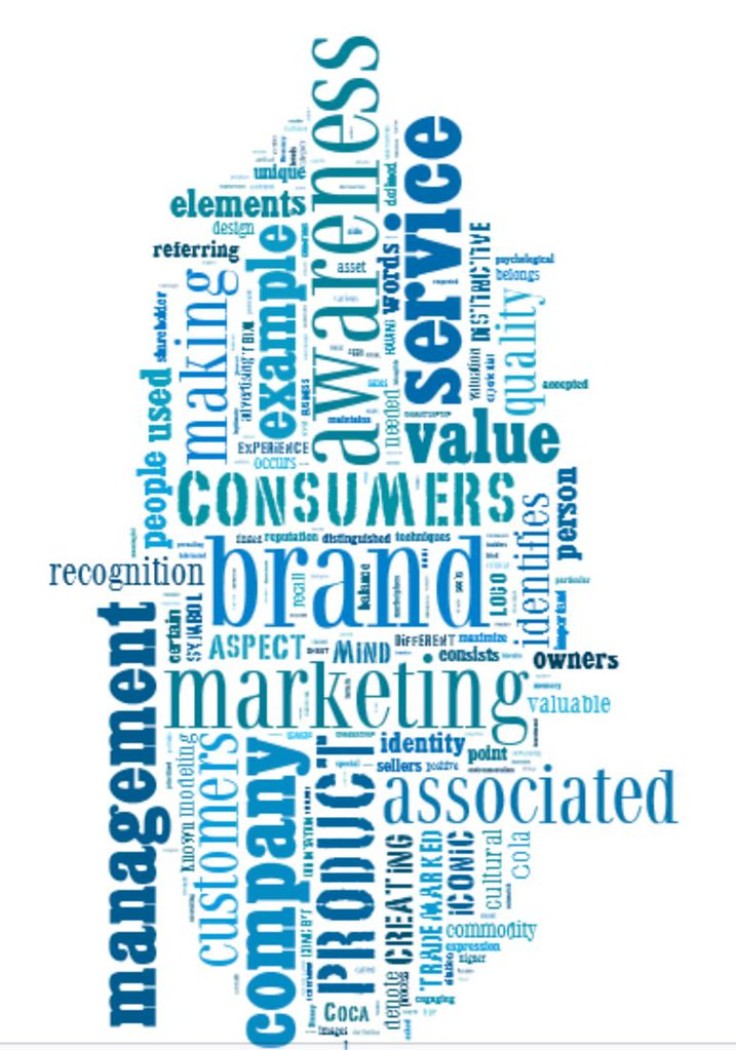
The term "brand" is often loosely thrown around in the business landscape. People often confuse branding with marketing, and while those are closely linked, there are some distinct differences. Marketing is how you build awareness for your brand, while branding embodies the core of who and what your business is. Your brand evokes an essence and creates an experience, while your marketing efforts help guide potential customers towards that experience.
Businesses that have been around for quite some time or have experienced exponential growth in a relatively short amount of time might struggle with this. Smaller businesses and startups have less assets to work with, and can focus on curating their brand, while larger businesses have to go the extra mile to evoke the right corporate image.
Creates Customer Loyalty
Instilling customer loyalty is necessary for the businesses of today. Not only do you want your customers to come back for repeat business, but to recommend your business to others. After all, loyal customers are far more likely to share their positive experiences. The overall branding of a product affects how a consumer makes a decision, and a single great experience is enough to create a sense of loyalty. Consumers who are loyal to a brand are more likely to go there for the familiarity and comfortability of what that company has to offer.
Builds Onto Psychology
Buyer psychology is no secret. There are plenty of tactics big businesses use to tap into the consumer psyche. And with a strong brand image, you'll be able to tap into how current and potential customers perceive your brand and communicate with it. For instance, there are several elements of design that help strengthen your graphic identity. Certain colors, for example, evoke different emotions.
Every aspect of your branding should be carefully thought out. Think about your target market and what appeals to them most. What brands are they interested in, and what do those brands have in common? What core values mean the most to them? Understanding these high-value questions can help steer you in the right direction.
Increases Awareness
Well-branded businesses stand out from the pack. On a daily basis, the average consumer is bombarded with hundreds of pieces of marketing materials. But they're more likely to connect with a brand that has a distinctive image, because that image remains ingrained. The ability to create a memorable experience through strong branding efforts can mean the difference between a sale and a lost opportunity.
Cookie-cutter corporations that don't put the time and effort into creating a brand will quickly be forgotten. Let's not forget that many consumers don't make a purchase right away-they're more likely to return if they have come across a brand that's memorable.
Great branding also makes it possible for others to assist your marketing efforts. For example, let's say you want to work with an influencer in your industry. With a solid brand on your back, the influencer already has a lot to work with-and are more likely to work with you in the first place. Influencers aren't interested in working with companies whose branding doesn't align with their own aesthetic, or doesn't present a clear branding message.
Builds Trust
When you have consistent branding across your channels, you're able to build stronger trust with your audience. A professional image establishes credibility. And first impressions are more important now than ever-if a consumer comes across a company that has low-quality or inconsistent branding, they're much less likely to do business with them. Consumers are hardwired to react to the look and feel of a brand, and any company that appears unpolished diminishes the perceived value of that brand.









